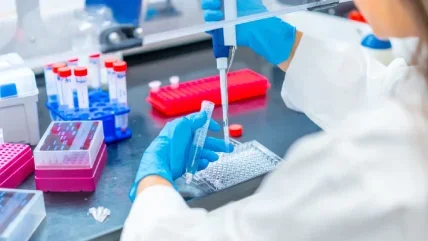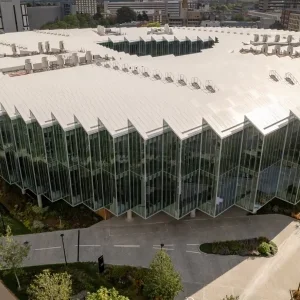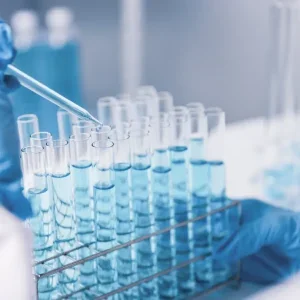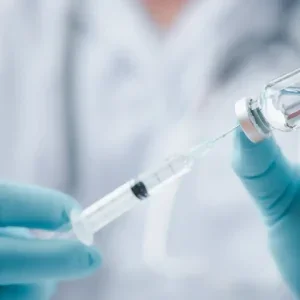
Novoheart, a subsidiary of Medera, has teamed up with the University of California San Diego School of Medicine and Mayo Clinic to create human mini-heart models from hypoplastic left heart syndrome (HLHS) patient stem cells.
Medera is a clinical-stage biopharmaceutical company developing advanced therapeutics for cardiovascular and other challenging diseases through its units, Novoheart and Sardocor.
The initiative aims to enhance understanding and treatment of HLHS, a severe congenital heart defect, by providing personalised insights into its causes and potential therapies.
It leverages Novoheart’s mini-Heart Platform, which uses 3D bioengineered cardiac tissues to replicate human heart structure and function more accurately than traditional models.
The project will leverage stem cells from HLHS patients and their healthy relatives to identify children who may benefit most from surgery, transplantation, or novel therapies.
Novoheart co-founder Kevin Costa, PhD, said: “This collaboration allows us to test how well our patient-specific disease models can predict treatment responses in the most complex paediatric heart disease we know.
“It’s the first step toward bringing personalised cardiac care to children with HLHS—especially those without known genetic mutations.”
Medera and Novoheart CEO and co-founder Ronald Li, PhD, said: “We’re proud to support this effort and confident that our mini-Heart Platform will once again demonstrate its predictive power.
“By building human-relevant disease models, Medera is accelerating the path to better therapies, without relying on animal testing, and aligning with the latest FDA regulatory science.”
Mayo Clinic’s HLHS biobank, which contains samples from over 800 HLHS patients and family members, forms a key element of the collaboration.
The HLHS biobank, which developed over 25 years, supports the study of genetic mutations and other factors contributing to HLHS.
Novoheart’s technology addresses limitations of current models, which often fail to replicate the 3D complexity of human heart chambers.
The project is supported by the John Dimitri Research Foundation for Congenital Heart Disease and Big Hearts 2 Little Hearts.
It aligns with emerging FDA guidelines for human-relevant, animal-free drug development.
University of California San Diego School of Medicine Clinical Professor of Pediatrics and Rady’s Children’s Hospital-San Diego pediatric cardiologist Paul Grossfeld, MD, said: “There is currently no reliable way to predict which HLHS patients will benefit from surgery versus needing a transplant.
“By generating patient-specific 3D human heart models from a simple blood draw, we aim to uncover the biological mechanisms driving disease in each child, and ultimately tailor treatments that improve their chances of survival.”






